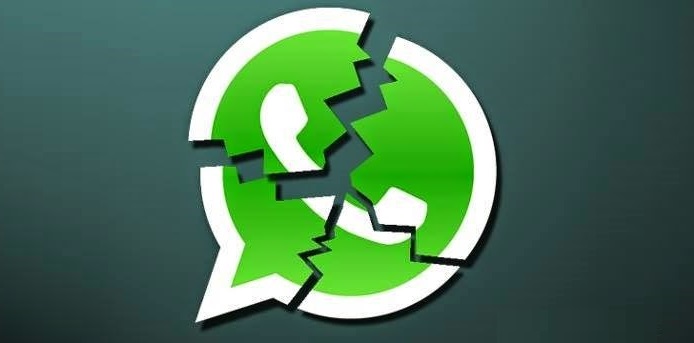Top tech stories of 2017
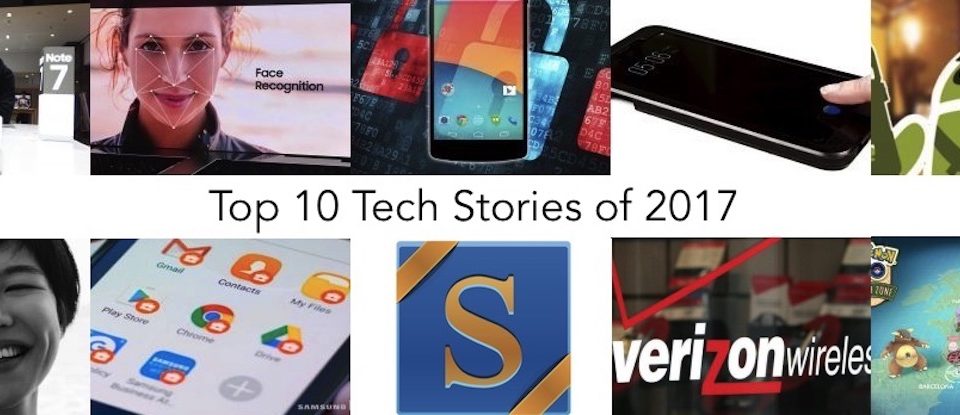
Good afternoon, folks! As 2017 draws to a close, we think it is worth looking back at the top tech stories of 2017. These news stories are not limited to just startups. We begin the top ten.
The rise of cryptocurrency – Bitcoin, Cryptocurrency, Blockchain and ICO (Initial Coin Offering)
Unless you’ve been living in cave, cryptocurrency tops the news headlines in 2017. From the roller coaster of Bitcoin to initial coin offerings from startups. About a year ago, the price of bitcoin traded between $930 and $978 – movements that perhaps set the stage for the cryptocurrency’s value to cross the $1,000 on New Year’s Day. Over a period of 12 months the price of bitcoin climbed from below $1,000 to nearly $20,000 on the CoinDesk Bitcoin Price Index (BPI) before it finally went down to $14,000.
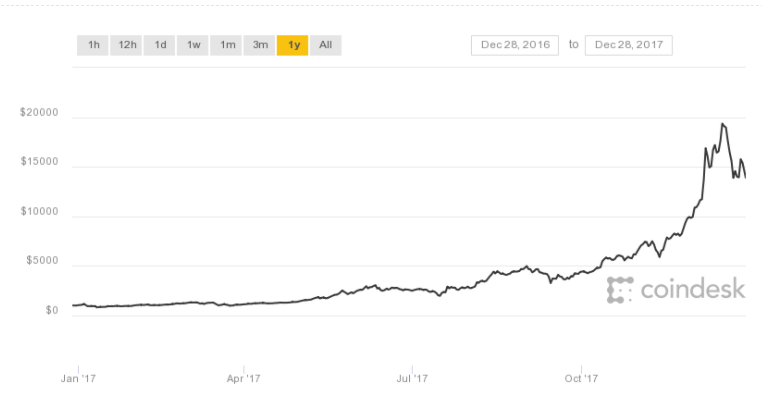
As you can see from the Bitcoin Price Index char below, Bitcoin started the year at $367 in January 2016.
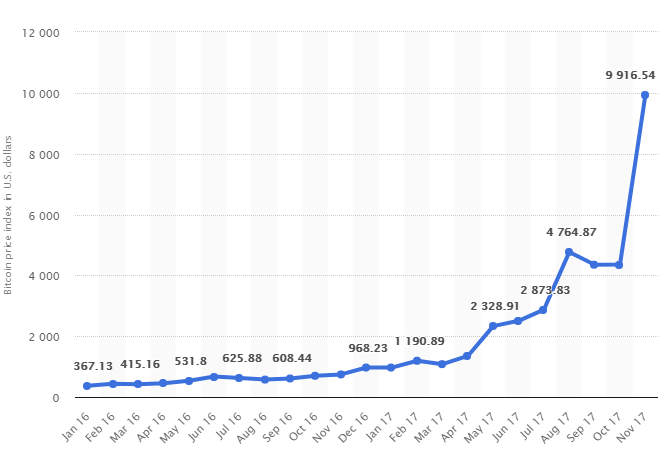
Bitcoin and cryptocurrency are not the only thing making the headline. Blockchain also made headlines as organizations and governments around the world the see the operational use cases for it. Basically, blockchain is a digital ledger in which transactions made in bitcoin and ther cryptocurrency are recorded or logged chronologically and publicly. However, blockchain has other applications ranging from using it as a system of record for digital identity and tokens. Since blockchain is a “distributed ledger system,” it could be used as inter-organizational data management system. These applications will fuel blockchain adoption in 2018 as organizations see how they could leverage it to some old technology problems like ownership rights surrounding cryptographic key possession, revocation, generation, replacement, or loss. Finally, ICO saw a boom in 2017. Technology startups are abandoning IPOs in the favor of ICOs.
Artificial Intelligence (AI) and Machine learning go mainstream
AI is another most talked about stories in 2017. About a week ago, we wrote about top ten startups which are making inroad in AI and taking it to mainstream. AI goes from academic pursuit in 1956 to its application in every facets of life ranging from imaging analysis, voice recognition, cancer research, cyber security to healthcare. As we get into 2018, AI will see a bigger adoption across different industry groups. The introduction of new AI chips will fuel this adoption.

Cybersecurity and Hacking
Headlines in 2017 were filled with hacks, leaks, and data breaches. No organization is immune from it. We think it is going to get worse in 2018 as a lot of organizations are not fully prepared. Most organizations lack the staffing and resources to beef up their cybersecurity posture and reduce their digital footprint from hackers and hostile nations. APT is another area where organizations are more vulnerable. The good news is that a lot new innovative startups are meeting the cyber challenge by leveraging AI, big data and advanced analytics to help these organizations.
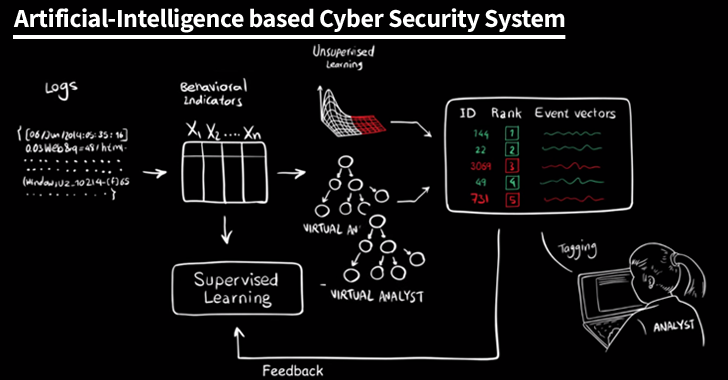
Autonomous and Self-driving cars
With innovation and prices of LIDAR slowly coming down and getting cheaper, new tech startups jumped into self-driving cars to challenge the tech giants like Google’s Waymo and others. LIDAR stands for Light Detection and Ranging. It is a remote sensing method that uses light in the form of a pulsed laser to measure ranges (variable distances) to the Earth. Google’s original Lidar costs $75,000 per car. If the price doesn’t drop to a few hundred. However, new startup company like Ouster claims its new system, the OS1, boasts near-top performance for less than a fifth of that cost, or $12,000. Others even expect price of LIDAR to drop to about hundreds of dollars. This will make it more affordable for the mass market. There are over ten new startups competing with Goolge’s Waymo. The healthy competition will further drive the price. Besides full-autonomous vehicles, 2017 witnessed new startups with technology to retrofit ordinary car into an hybrid autonomous cars. For example, we wrote about Toronto-based startup, X-Matik that aims to bring self-driving technology to older cars.
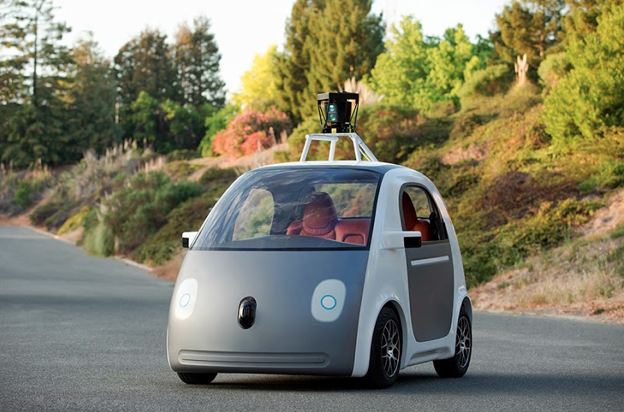
Smart Home Speakers
When Amazon first introduced its smart home speaker, Echo back in 2014, not many people took it seriously. Some considered as a fad. It was pitched primarily as a smart speaker, promising a way to control your music with your voice and little else. Later consumer found it could do more. It later caught on and the rest of the industry took notice. In 2017 witnessed more improved AI-based smart home speakers with other companies such as Google and Samsung jumping into the smart home speaker markets. There are also new startups with more stylish speakers. As we enter into 2018, we foresee a significant drop in smart home speakers. According to some estimates, the market will be worth $137.91 billion by 2023.

Unicorn startup, Uber, had a rough year
The unicorn startup, Uber, had a very rough year. It all started with its embattled Uber CEO Travis Kalanick taking indefinite leave of absence to hacking. The CEO was accused of sexual harassment. He later left the company. If that was not enough for Uber, the company was hacked and it lost personal information of 57 million riders and drivers last year. Uber did not disclose publicly until November. In addition, the company lost billions of dollars in valuation after it sold 15 percent stake to SoftBank at $48 billion instead of the earlier valuation of $72 billion. On top of it all, it is not certain if Uber is prepared to face the completion from its Chinese rivals and others here in the United States. Its market share will continue to shrink as the company faces stiff competition. As we enter into 2018, Uber woes may not be over.

Bonuses:
